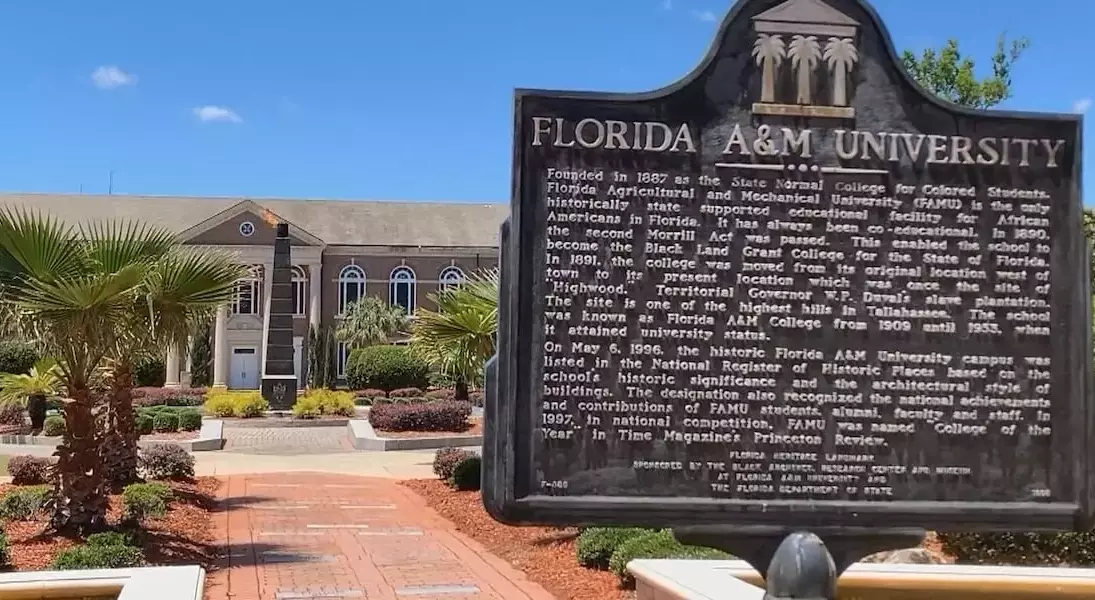
In a recent meeting, the Florida Board of Governors (BOG) addressed significant financial irregularities uncovered in an audit of Florida A&M University (FAMU). The findings revealed delays in vendor payments, insufficient accounting controls, and severe staffing shortages. These issues have drawn sharp criticism from BOG members, who emphasize the gravity of the situation. While interim leadership defends their current CFO, they acknowledge the need for immediate corrective measures, including hiring additional personnel and implementing a multimillion-dollar business management system.
Unveiling Financial Challenges at Florida A&M University
On a crisp Wednesday in Tallahassee, Florida, members of the Board of Governors convened to scrutinize the outcomes of a comprehensive audit conducted at Florida A&M University. The investigation unearthed that FAMU had contravened state regulations by failing to settle accounts with certain vendors promptly. Moreover, the audit highlighted profound deficiencies within the university's accounting infrastructure and workforce management.
Aubrey Edge, chair of the Audit and Compliance Committee, underscored the depth of these concerns during the discussion. He pointed out that these lapses were not isolated incidents but rather indicative of systemic failures deeply embedded within the institution’s financial operations. Criticism also targeted Rebecca Brown, FAMU’s Chief Financial Officer, with Eric Silagy asserting that such incompetence would swiftly lead to termination in private-sector environments.
Nevertheless, FAMU Interim President Timothy Beard remains steadfast in his support for Brown. He assured the board that efforts are underway to bolster the accounting team and deploy a $25 million business management solution designed to streamline operations. Beard anticipates this system will be operational within months. Additionally, Kristin Harper, chair of the Board of Trustees, reiterated her commitment to resolving these fiscal challenges collaboratively.
From a journalistic perspective, this report serves as a stark reminder of the importance of robust oversight and accountability mechanisms within educational institutions. It highlights how systemic flaws can jeopardize organizational integrity and underscores the necessity for swift action when such vulnerabilities are identified. For readers, it emphasizes the critical role of transparency and proactive governance in maintaining public trust and ensuring institutional success.
